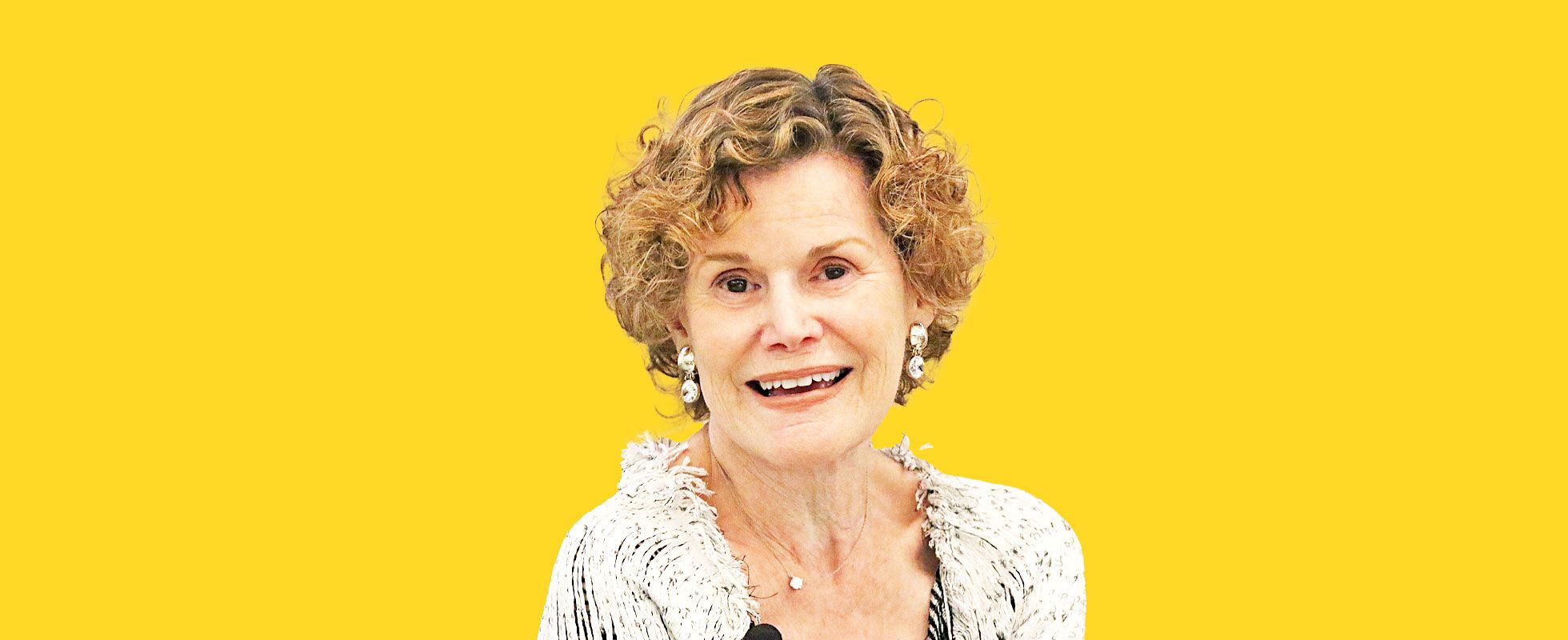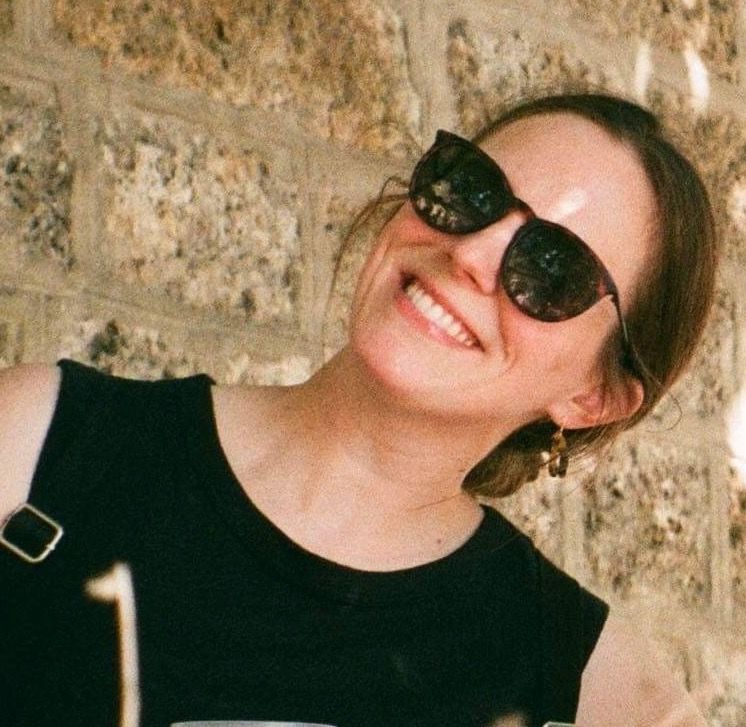Judy Blume has been a source of truth and empowerment for young readers of several generations. The author, born in 1938, has written several influential novels over the years — iconic classics such as Tales of a Fourth Grade Nothing, Are You There God? It's Me, Margaret, and Forever, to name just a few. Published in the 1970s, these were not only some of the first works of young adult literature to address teenage sexuality in a frank and honest manner, but they also acted as realistic and relatable guidebooks of sorts for navigating puberty, friendship, family, school, death, and more — all through an unapologetic young female perspective.
Blume's influence on YA literature and pop culture has been significant not only because of the topics she writes about, but also because of her efforts to fight against the censorship that she and many other writers have faced for their so-called taboo works. In the 1980s, as her books started to face controversy, she joined the National Coalition Against Censorship. Throughout her career, Blume also has been an outspoken advocate for children’s literacy, supporting teachers and librarians in their important roles in young people’s lives.
Modern-day talents such as Lena Dunham and Mindy Kaling are but a few of the people who have cited Blume’s work as a major influence on their own. And as the beloved books continue to be adapted into new feature films (such 2023’s Are You There God? It's Me, Margaret, starring Kathy Bates and Rachel McAdams), it seems sure that the 85-year-old author’s work will continue to make yet another generation of youngsters feel less alone. Here are some of the most insightful quotes from Blume’s gifted literary mind.
Writing saved my life. It gave me everything.
Rejection hurts. It can even be humiliating, but it doesn’t kill you. You still eat your supper, bathe your kids, go to sleep, and get up again the next morning. Rejection only made me more determined.
I never planned to become an activist, but things happen. Standing up and speaking out for what you believe in — well, it feels a lot better than doing nothing.
I don't know that you become a writer. You just are.
What's important to us remains the same. It's that inside stuff: the need for love and acceptance, and getting to know yourself and your place in the world.
Let children read whatever they want and then talk about it with them. If parents and kids can talk together, we won't have as much censorship because we won't have as much fear.
If you want them to read my books, don't tell them so. Maybe just leave around a paperback with a new cover and say, “I'm not sure you're ready for that.”
It's not just the books under fire now that worry me. It is the books that will never be written.
I didn’t know I was really a writer until I read it in “The New York Times.”
I am certainly a fearful person, but fearless in my writing.
I didn't know anything about writers. It never occurred to me they were regular people and that I could grow up to become one, even though I loved to make up stories inside my head.
What I remember when I started to write was how I couldn't wait to get up in the morning to get to my characters.
My parents gave me that gift of, “reading is a good thing.” I mean, my mother was afraid of everything. But she was never afraid that Judy is reading.
You can't think about your audience. You're going to be in big trouble if you think about it. You've got to write from deep inside.
Featured image credit: Aaron Davidson/ Getty Images Entertainment
















